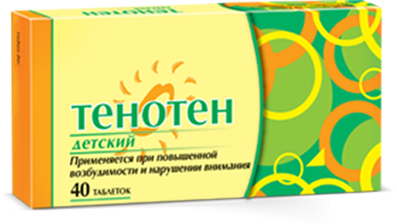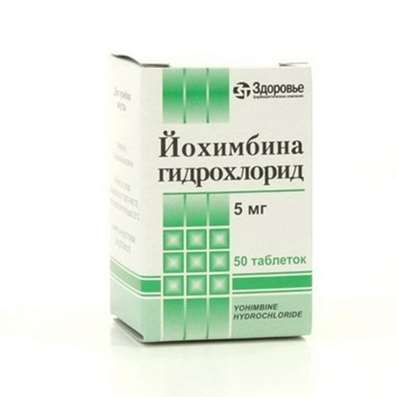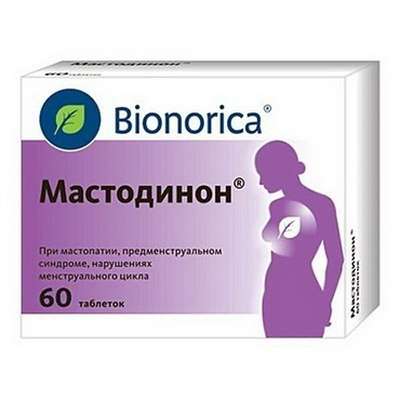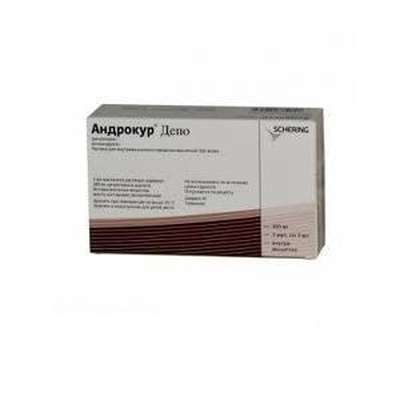Instruction for use: Diara
I want this, give me price
Active substance Loperamide
ATX code A07DA03 Loperamide
Pharmacological group
Antidiarrheal drugs
Nosological classification (ICD-10)
A09 Diarrhea and gastroenteritis of allegedly infectious origin (dysentery, bacterial diarrhea)
Bacterial diarrhea, Bacterial dysentery, Bacterial infections of the digestive tract, Bacterial gastroenteritis, Diarrhea bacterial, Diarrhea or dysentery of amoebic or mixed etiology, Diarrhea of infectious genesis, Diarrhea on the background of antibiotic therapy, Traveler's Diarrhea, Travelers diarrhea due to changes in diet and habitual diet, Diarrhea due to antibiotic therapy, Dysenteric bacteriocarrier, Dysenteric enteritis, Dysentery, Dysentery bacterial, Dysentery mixed, Gastrointestinal infection, GI tract infections, Infectious diarrhea, Infectious Disease of the GI tract, Infection of the gastrointestinal tract, Infection of the biliary tract and gastrointestinal tract, GI tract infection, Summer diarrhea, Nonspecific acute diarrhea of infectious nature, Nonspecific chronic diarrhea of infectious nature, Acute bacterial diarrhea, Acute diarrhea in food poisoning, Acute dysentery, Acute bacterial gastroenteritis, Acute gastroenterocolitis, Acute Enterocolitis, Subacute dysentery, Diarrhea chronic, Refractory diarrhea in AIDS patients, Staphylococcal enteritis in children, Staphylococcal enterocolitis, Toxic diarrhea, Chronic dysentery, Enteritis, Enteritis infectious, Enterocolitis
K52.2 Allergic and alimentary gastroenteritis and colitis
Alimentary Colitis, Allergic Colitis, Gastroenteritis alimentary, Gastroenteritis allergic, Allergic diarrhea, Allergic gastroenteropathy, Medicinal gastroenteritis
K59.1 Functional diarrhea
Diarrheal syndrome, Diarrhea, Diarrhea with prolonged enteral feeding through the probem, Prolonged diarrheam Nonspecific diarrhea, Acute diarrhea, Diarrhea, Syndrome of diarrhea, Functional diarrhea, Chronic diarrhea, Diarrhea with an electrolyte balance disorder, Chronic diarrhea, Diarrhea of non-infectious genesis, Diarrhea after a gastroectomy, Diarrhea in children, Persistent diarrhea, Diarrhea (diarrhea), Enterocolitis of non-infectious origin
K90.9 Disruption of intestinal absorption, unspecified
Insufficient absorption of iron from the gastrointestinal tract, Insufficient digestion, Violation of iron absorption in the digestive tract, Impaired absorption of vitamin B1 in the intestine
T66 Unspecified radiation effects
Radiation Disease, Diarrhea radiation, Gastrointestinal syndrome with irradiation, Radiation sickness, Radiation disorders of mucous membranes, Irradiation chronic, Osteoradionecrosis, Acute radiation sickness, Acute and chronic radiation injuries, Acute radiation syndrome with radiation therapy, Subacute and chronic radiation sickness, Radiation Neuropathy, Radiation edema, Radiation damage to the nervous system, Radiation immunodeficiency, Radiation syndrome, Radio-epileleitis, Radiation acute syndrome, State after irradiation, Cytopenia due to previous radiation or chemotherapy, Cytopenia radiation, Cytopenia due to radiation therapy, Cytopenia due to chemotherapy
Y57.9 Adverse reactions in the therapeutic use of medicinal products and medicines, unspecified
Allergic drug reactions, Allergic reactions to drugs, Allergic reactions to medication, Allergic reactions to taking drugs, Allergic reactions to reception of radiocontrast agents, Allergic reactions due to medication, Anaphylactic reactions to medications, Anaphylactic reactions to taking drugs, Hepatotoxic effect of drugs, Idiosyncrasy to drugs, Idiosyncrasy toxic, Drug addiction, Drug-induced leukopenia, Drug-induced liver damage, Medicinal damage of the lungs, Acute allergic reaction to drugs, Toxic reactions to medicinal substances, Allergy medication, Hepatotoxic substances, Diarrhea medication, Drug fever, Medicinal intolerance, Undesirable effects of drugs
Z72.4 Unacceptable diet and bad habits in nutrition
Inadequate nutrition, Irregular nutrition, Unbalanced diets, Dyspepsia due to unusual food or overeating, Long-term dietotherapy, Prolonged or low-calorie diets, Gastrointestinal disorders due to a violation of diet, Binge eating, Food poisoning, Errors in the diet, Compliance with diets, Compliance with a strict diet, Special diets
Z93.2 Presence of ileostomy
Ileostomy
Composition
Chewable tablets 1 tab.
active substance:
loperamide hydrochloride 2 mg
excipients: polymethylsiloxane; potato starch; lactose (milk sugar); sucrose (sugar); MCC; colloidal silicon dioxide (aerosil); aspartame; Povidone (Kollidon 90); xylitol (Xylitab 300); lactitol; Collidon SR; menthol; magnesium stearate; anise oil
Description of the dosage form
Tablets of white or white with a yellowish tinge, flat-cylindrical in shape, with a risk, smell of anise, light marbling is allowed.
pharmachologic effect
Pharmacological action - antidiarrheal.
Pharmacodynamics
Loperamide, by binding to the opioid receptors of the intestinal wall (modulating cholinergic and adrenergic neurons through guanine nucleotides), reduces the tone of smooth muscle and intestinal motility (by inhibiting the release of acetylcholine and PG). Slows peristalsis and increases the time of passage of intestinal contents. Increases the tone of the anal sphincter, helps to retain the feces and reduce the urge to defecate.
The action comes quickly and lasts 4-6 hours.
Pharmacokinetics
Almost completely metabolized by the liver by conjugation. T1 / 2 - 9-14 hours. Derived mainly from the bile and urine in the form of conjugated metabolites.
Indications
symptomatic treatment of acute and chronic diarrhea of various origins (including allergic, emotional, medicinal, radiation);
change in diet and quality of food in violation of metabolism and absorption;
as an adjuvant for infectious diarrhea;
stool regulation in patients with ileostomy.
Contraindications
hypersensitivity to the drug;
diverticulosis;
intestinal obstruction;
ulcerative colitis in the acute phase;
diarrhea with acute pseudomembranous enterocolitis;
monotherapy of dysentery and other gastrointestinal infections;
I trimester of pregnancy;
lactation period;
children's age up to 6 years.
With care: liver failure.
Side effects
Gastralgia, dry mouth, allergic reactions (skin rash), drowsiness, dizziness, intestinal colic, nausea, vomiting, constipation. It is extremely rare - intestinal obstruction.
Dosage and administration
Inside, chewing, drinking water.
For adults with acute and chronic diarrhea, the initial dose is 4 mg (2 tab.), Then 2 mg (1 tab.) After each defecation event (in the case of liquid stool). The maximum daily dose is 16 mg (8 tablets).
For children over 6 years old with acute diarrhea, the initial dose is 2 mg (1 tab.), Then 2 mg (1 tab.) After each defecation event (in the case of liquid stool). The maximum daily dose is 6 mg (3 tab.).
If stool normalizes or if there is no stool for more than 12 hours, Diarah treatment should be discontinued.
Overdose
Symptoms: CNS depression (stupor, incoordination, drowsiness, miosis, muscle hypertension, respiratory depression), intestinal obstruction.
Treatment: antidote - naloxone. Given that the duration of loperamide is longer than that of naloxone, the latter can be reintroduced. Symptomatic treatment - the appointment of activated carbon, gastric lavage, mechanical ventilation. Medical supervision is required for at least 48 hours.
special instructions
In the absence of effect within 48 hours, the use of the drug should be discontinued and consult a doctor.
Release form
Chewable tablets. On 4, 6, 7 or 10 tab. in a blister strip packaging of PVC film and aluminum printed lacquered foil. On 1, 2 or 3 blister packs placed in a pack of cardboard.
Pharmacy sales terms
Over the counter.
Storage conditions
In a dry, dark place at a temperature of no higher than 25 ° C.
Keep out of the reach of children.
shelf life
3 years.
Do not use after the expiration date printed on the package.

 Cart
Cart





